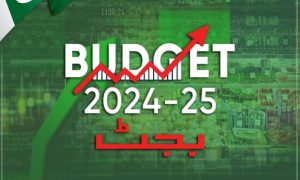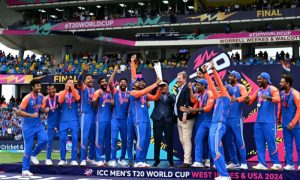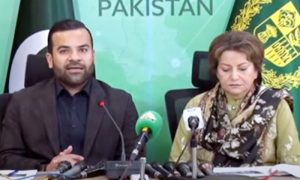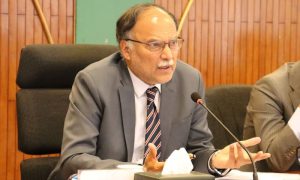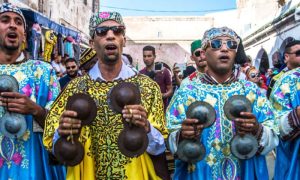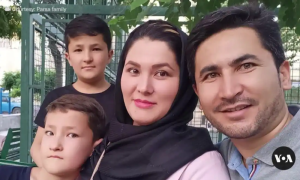Indian Prime Minister Narendra Modi’s legacy is characterised by intense controversy and broad criticism, especially in relation to his actions and policies towards the country’s minorities in general and Muslim community in particular. This reputation is a result of his time as Gujarat’s Chief Minister during the 2002 riots, in which Muslims were brutally murdered by Hindu fanatics. Modi’s ascent to prominence has been strongly linked to a political style that some criticise for being polarising and steeped in religious nationalism. During his term, there have been several instances of violence and prejudice against Muslims, as well as a noticeable rise in intercommunal tensions. Modi’s and his party Bharatiya Janata Party discourse has frequently been charged with inciting bigotry and intolerance. For example, Modi’s speech at an election rally in Rajasthan, when he called Muslims infiltrators, was widely criticised for its inflammatory content. While some members of his base find resonance in such remarks, minorities are also alienated and put in danger, which feeds the cycle of violence and terror.
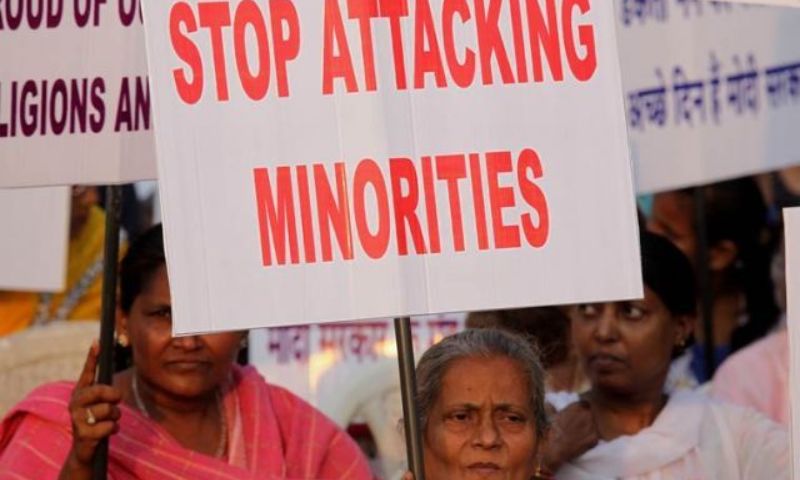
Under Modi’s direction, the BJP has come under fire for allegedly intentionally destroying the institutions and symbols that stand for India’s Muslim past. This includes closing Muslim religious institutes and revising textbooks to downplay or ignore the contributions of Muslims to Indian history. The Ram Temple’s construction on the site of the former Babri Mosque, which many view as a direct insult to India’s Muslim majority, is one especially poignant example. Modi has maintained friendly ties with a number of countries in middle east in spite of these moves, underscoring a nuanced and frequently conflicting element of his foreign policy.
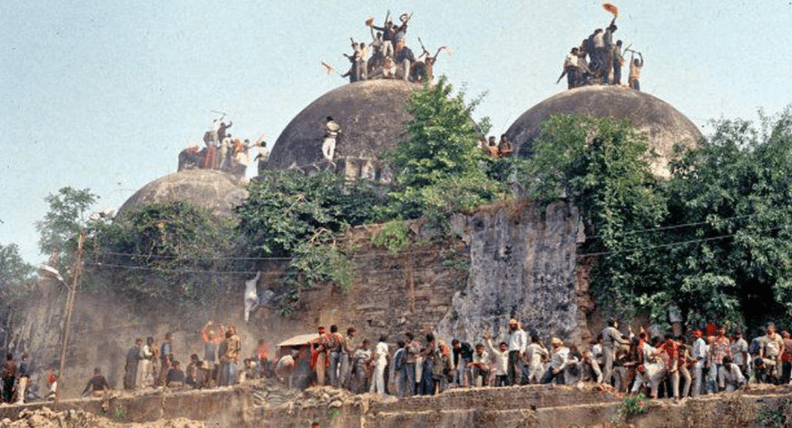
The frequency and intensity of anti-Muslim rhetoric have escalated, with reports indicating that in the first half of 2023, an anti-Muslim speech was delivered daily on average. The vast majority of these speeches emanated from the BJP’s platform, illustrating the party’s central role in propagating such divisive discourse. Hindu festivals, which ought to be occasions for joy, have instead become occasions for Muslims to feel fearful as radicals frequently attack them. Not only have Muslims been the targets of violence, but Christians and other minorities have also been attacked. This is evident in Manipur, where radical groups have inflicted devastation on both Muslim and Christian populations.
The situation in states like Manipur and Jammu & Kashmir (IIOJK) highlights the broader discontent and unrest under Modi’s regime. Significant human rights breaches have been reported by the US State Department in several areas, with Manipur standing out as a particularly alarming hotspot. The Modi administration has come under fire for its allegedly insufficient and politically driven handling of the Manipur conflict, which has increased the level of violence and displaced people. More than 60,000 people have been forced to flee their homes since May 2023, and the violence that has engulfed the state has resulted in hundreds of deaths and injuries. The people of Manipur are deeply frustrated and angry because the root reasons of the conflict have not been addressed. The latest rebel attack on the Chief Minister of Manipur’s convoy demonstrates the intensity of the unrest. The BJP’s loss in Manipur’s municipal elections is indicative of a wider opposition to Modi’s strategies and programmes. The question of whether justice and stability can be restored in Manipur and other impacted regions is crucial as Modi begins his third term in office.

India’s middle class, a group that has historically been a vital source of support for Modi’s party, has also undergone substantial changes during his term. Numerous Indian middle-class citizens feel left down by policies that have not addressed their issues, even in the face of promises of economic progress and prosperity. For this group, economic changes haven’t produced any noticeable results, which has made them feel more financially burdened and disillusioned. Prosperity has frequently looked unattainable, eclipsed by the larger socio-political unrest.
Modi’s reputation is complicated on a global scale. Even though he has come under fire from the West for the way he has handled human rights and minority rights concerns, he is still well-liked in several countries in middle east. The geopolitical complexities at work, where economic and strategic objectives frequently take precedence over worries about domestic policy, are highlighted by these contradictory receptions time to time. Modi’s opening of the biggest Hindu temple in the United Arab Emirates is an example of how his foreign contacts are complex and multidimensional.
The Modi government’s approach to governance, marked by a blend of religious nationalism and economic rhetoric, has had profound implications for India’s social fabric and international standing. A complete absence of any Muslim in his new cabinet speaks scores of Modi’s anti-Muslim agenda. These policies have caused great division, as seen by the ongoing claims of violations of human rights, the exclusion of minority groups, and the unfulfilled promises of economic growth for the middle class. India continues to face difficult obstacles during Modi’s leadership as it deals with the fallout from his divisive and frequently contentious tenure.














